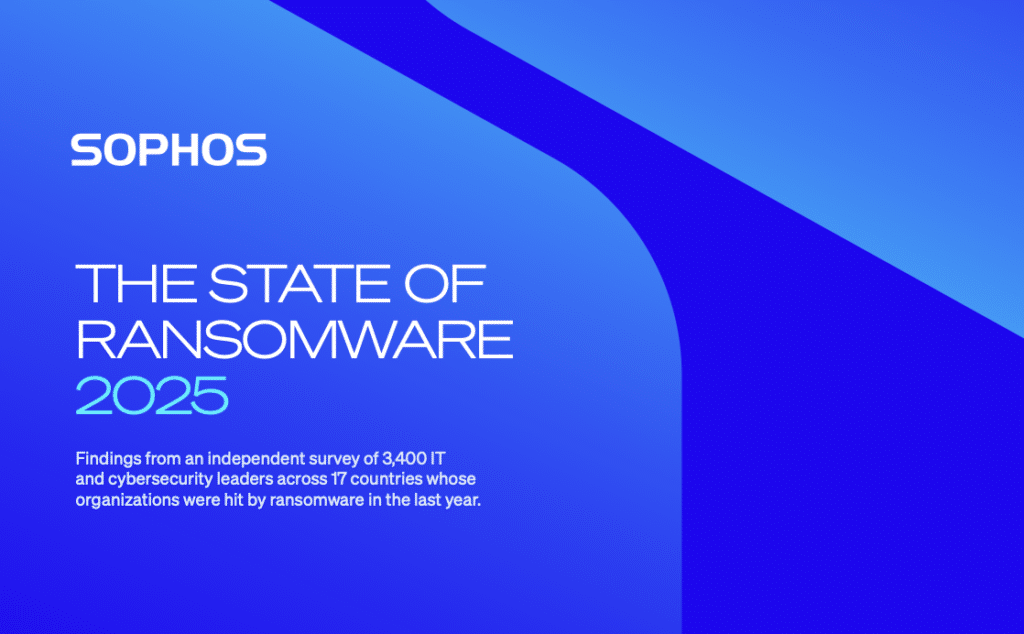Keep business ready as UK faces ISDN switch off

Integrated services digital networks (ISDN), the analogue communication lines that have helped keep us connected since the late 1980s, are soon to be switched off by BT. This switch-off of legacy communications infrastructure (copper wired) is necessary to support the transition away from analogue technology into the digital era.
BT announced the 2025* switch off for all ISDN and PSTN services in 2015 and are now no longer processing orders for both lines. *However, in May 2024, BT announced a delay to the switch off until January 2027. According to Espria, UK businesses still need to properly understand the impact that this can have, particularly for often overlooked services such as lifts, alarms, broadband, PDQs and EPOS devices, as well as phones.
Andy Fung, Communications Solutions Architect at Espria, stated, “ISDN is no longer suitable for the current digital age. Even at the time the standard was released, newer networking systems with far greater speeds were already available, meaning it saw relatively little uptake in the wider market. The legacy infrastructure is now too expensive to maintain, relative to its usage, and the technology itself is not suitable for the massive demands required of modern communications and networking systems.
“Already, large parts of the UK can no longer receive new ISDN or PSTN provisions. Changes are coming and your area may already be affected – Mildenhall and Salisbury were switched off last year as part of the test roll-out. Businesses have a duty to themselves to ensure they do not lose access to vital communications tools, and that means looking into exactly what systems are at risk of disrupted business continuity. The switch off not only effects your telecommunications but could also disrupt your alarm systems, PDQ and EPOS machines, lifts and more, interrupting more than just your business communications.
Whilst many businesses are likely to make the jump from ISDN to VoIP automatically, understanding the business benefits of the technology should be a key factor.
- Cost-efficiency – VoIP is a cheaper and faster alternative when compared to ISDN. For businesses looking to maximise communications investments, VoIP is already well ahead of legacy systems.
- Cloud Network – VoIP provides incredible cloud networking speeds and enhanced security, which is important for both business efficiency and maintaining cybersecurity in this new era of hybrid working.
- Stronger, Reliable Technology – VoIP provides reduced downtime and stronger connectivity when you switch from ISDN to the cloud.
Fung continued, “Switching to a VoIP (Voice over Internet Protocol) service now could save you time as well as money. As we count down to the January 2025 switch off, here are 4 preparatory steps we recommend to ensure your business is completely future ready.
- Begin auditing your connections systems
What services need to be connected? And does your service need to be scalable? It’s important to recognise the parts of your communications systems that are going to be directly affected. This list could include voice services, video conferencing and real-time collaboration tools – all critical parts of your communications network, but also lesser noticed yet still integral systems, such as alarms, door entry systems, lift emergency lines, payment terminals, cash and fax machines. Finally, understanding the different needs of your hybrid and office-based employees, and how many phone lines are required or in use at a given time informs a comprehensive understanding of your company.
- Maximise service provision for what your business needs
Understanding the specifics of your business service provision is key to knowing where upgrades need to be made. Factors such as utilising fixed or mobile networks, knowledge of their capacity for today and the future, and whether VoIP is has appropriate ease of use and is fit for purpose is key.
- Scrutinising hardware needs
Consulting employees to understand their hardware needs is often overlooked but can lead to more focused business results. This may vary from company to company – one voice service does not necessarily fit all. Considering IP headsets, a softphone client or a hybrid approach to communications are all important factors to consider.
- Embracing digital transformation across more than just phone services.
Consider upgrading to more than just a digital phone service – new services will present you with new ways of working and opportunities to change the way you communicate. Cloud-based systems offer more features and can easily integrate mobile devices and apps. These can also provide more detailed reporting, share insights about customer and employee behaviour and support flexible and remote working.
Fung concluded, “2025 is fast approaching. Preparing now is of the utmost importance to comms providers, and consulting your systems and making changes now can help future-proof your business, not just for the next couple of years but for the foreseeable future.”

To read more about Unified Communications, please click here.
You may be interested in
The 2025 State of Ransomware: Key Insights on Attacks, Costs, and Recovery
Ransomware continues to evolve — and so must our defenses. The State of Ransomware 2025 report from Sophos presents one of the most comprehensive views yet into how organisations around the world are being impacted by ransomware attacks. Based on an independent survey of 3,400 IT and cybersecurity leaders across 17 countries, the report explores how attacks are evolving, the operational weaknesses adversaries exploit, and the human and financial tolls that follow. Whether you’re building a cybersecurity strategy or assessing risk, this year’s findings offer crucial, real-world insights to guide your response. Key Findings from…
Outgrowing your MSP; businesses need a provider that scales with their growth
To stay competitive, business leaders must align with MSPs that deliver strategic value, drive innovation, and support to scale. Now firmly into 2025, it’s becoming clear what the year has in store for the IT landscape. For SMBs, the message is clear: business growth must be matched with smarter, more scalable managed services. The demand for cyber-resilient, cloud-first and AI-integrated solutions is no longer a forecast – it’s a reality already shaping business priorities. According to leading global technology market analyst firm Canalys’ MSP Trends 2025 report, the MSP model is transforming under growing pressure…
End of windows 10 support signal urgent action needed from UK organisations as cyberattacks continue to rise
Recent breaches at major UK retailers, combined with the approaching end of life of Windows 10, highlights a critical moment for IT resilience planning The recent wave of cyberattacks targeting major UK retailers has highlighted the growing security risks associated with organisations running outdated systems and applications and maintaining weak identity verification protocols. These incidents—particularly those involving Marks & Spencer and the Co-Op—have starkly exposed how vulnerable legacy infrastructure and insufficient access controls can be. In both cases, attackers successfully posed as legitimate employees and manipulated IT help desks into resetting internal passwords, ultimately gaining…
UK SMEs must fortify their cybersecurity against geopolitical risks, says Espria
A recent Sky News investigation highlighted an uptick in cyberattacks tied to the Iran conflict that are targeting businesses across multiple sectors. Speaking at the NATO Summit, Prime Minister Sir Keir Starmer urged UK businesses, regardless of size or sector, to prioritise cybersecurity and ‘take immediate steps to review and strengthen their defences.’ While the warning is timely in tone, businesses are already becoming targets of politically motivated cyberattacks, emphasising the need for heightened vigilance. “As tensions spread globally, threat actors will continue to exploit digital vulnerabilities, and neutral businesses may be caught in the…
End of windows 10 support signal urgent action needed from UK organisations as cyberattacks continue to rise
End of windows 10 support signal urgent action needed from UK organisations as cyberattacks continue to rise
Why Businesses Should Invest in ESG: Lessons learned by Espria
In today’s competitive landscape, Environmental, Social and Governance (ESG) performance is no longer just a “nice to have”—it is a critical business imperative. Companies that prioritise ESG are better positioned for long-term success, risk mitigation, and reputation enhancement. Today’s world demands more from companies than just financial performance. Customers want transparency. Employees want purpose. Investors want resilience. ESG helps businesses manage risk, seize new opportunities and build trust with the people who matter most. It is how you can stay competitive, stay responsible and stay relevant in a fast-changing world. A powerful case study of…





